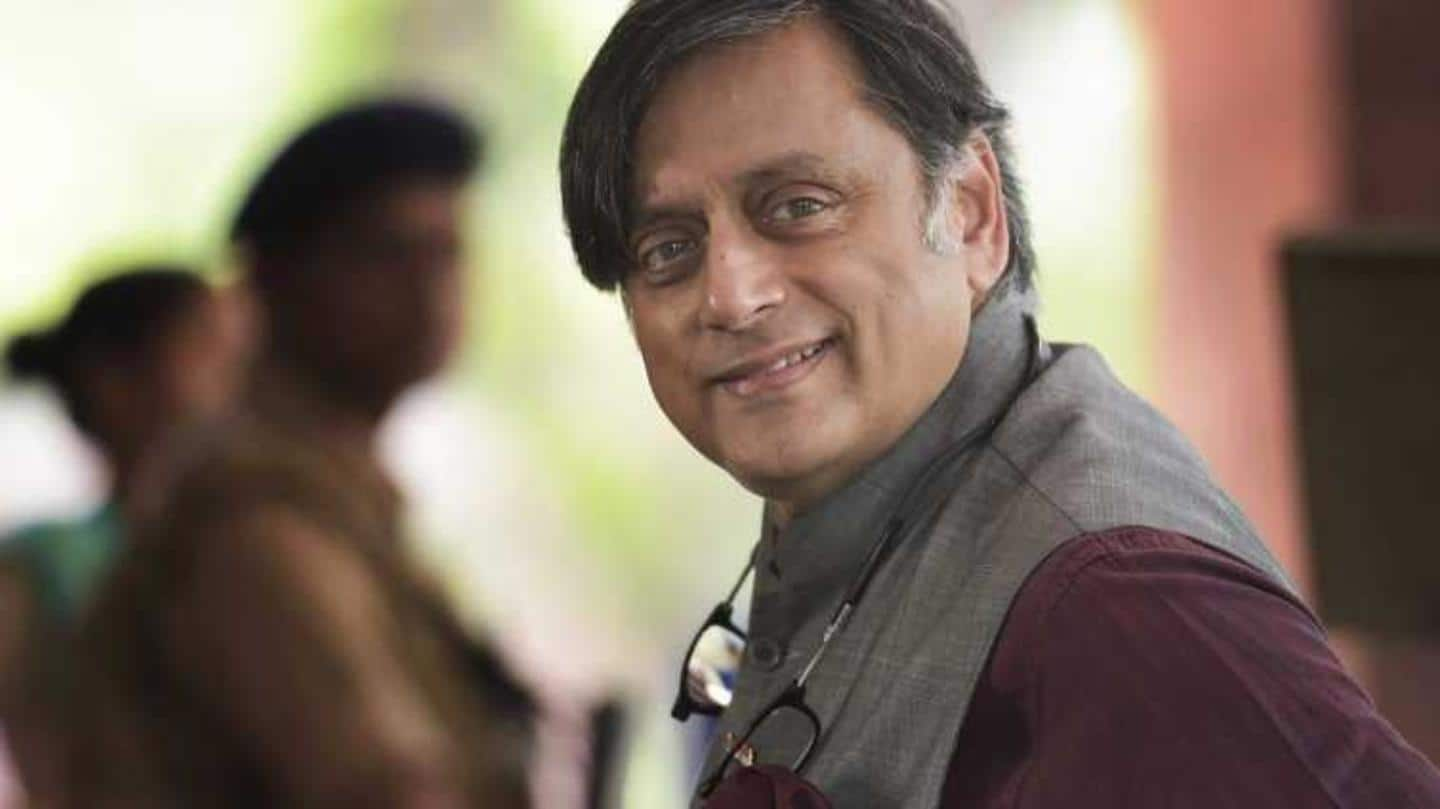
Much to welcome, but challenges remain: Shashi Tharoor on NEP
What's the story
Congress leader Shashi Tharoor on Thursday praised the new National Education Policy (NEP) but emphasized on certain issues with the policy.
Tharoor, who has previously served as the Minister for Human Resource Development, said there is "much to welcome" in the new policy. However, he said that the challenge is to ensure that aspiration is matched by the implementation.
Here are more details.
Details
'Why wasn't this brought before the Parliament first?'
In a series of tweets, Tharoor said, "There is much to welcome in what we have seen of the new education policy announced by Dr. Ramesh Pokhriyal Nishank (the HRD Minister)."
Tharoor said he has advocated the policy's revision since his time in office. However, he questioned why the NEP had not been introduced in the Parliament first for discussion.
Challenges
Expenditure in education declined in past 6 years: Tharoor
Welcoming the policy, Tharoor tweeted, "Challenge is to ensure aspiration is matched by implementation."
Tharoor said the policy's goal to increase investment in education to 6% of GDP was first articulated in 1948 adding, "Every government articulates this target and then comes up against its own Finance Ministry."
He said during the six years of the Modi administration the expenditure in education has declined.
Quote
'NEP should have offered more tangible, realizable targets'
He tweeted, "The goals of 50% Gross Enrolment Ratio in higher education and 100% in secondary school are laudable, but when you realize it's currently 25.8% in higher education and 68% in Class XI, you wonder if such targets are any more realistic than the government's solar-energy commitments at Paris."
He added, "The NEP should have offered more tangible and realizable targets for research."
Quote
'Total investment on research, innovation declined'
Tharoor said, "Total investment on research and innovation in India declined from 0.84% of GDP in 2008 to 0.6% in 2018. There are currently only 15 researchers in India per 100,000 of population, compared with 111 in China."
Other concerns
Tharoor questioned if suggestion on school complexes is practical
Tharoor also highlighted that the NEP suggests school complexes instead of strengthening school infrastructure. He questioned how sharing resources over a large geographical area in school complexes would work in practice.
He also pointed out that there is a desperate need for more qualified teachers. He said, "Placing the burden of pre-primary education on over-stretched, under-funded, and under-equipped anganwadis is disastrous."
Quote
'NEP showcases strong tendency towards centralization'
"My worry is the NEP showcases a strong tendency towards centralization, high aspiration with low feasibility and an unspoken assumption that much of the challenge will be met by the private sector, which will drive up costs and make many opportunities unaffordable for the poor."
NEP
Union Cabinet approved new NEP yesterday
The Union Cabinet on Wednesday approved the new NEP, which proposes primary education in local languages.
The policy facilitates the possible entry of foreign universities in India, pushes for higher education institutions to become multidisciplinary, a single higher-education regulator and a new pattern for board examinations, .
The NEP also renamed the Ministry of HRD as the Ministry of Education.